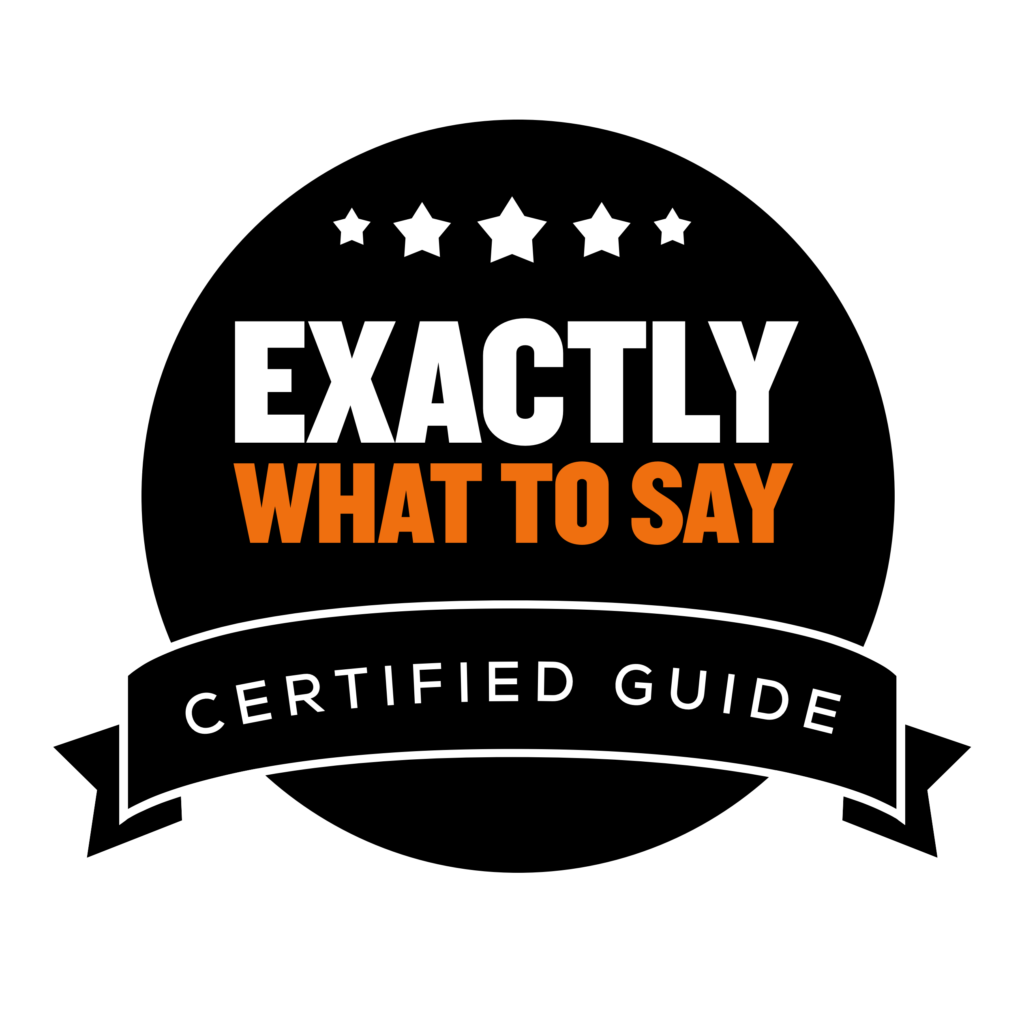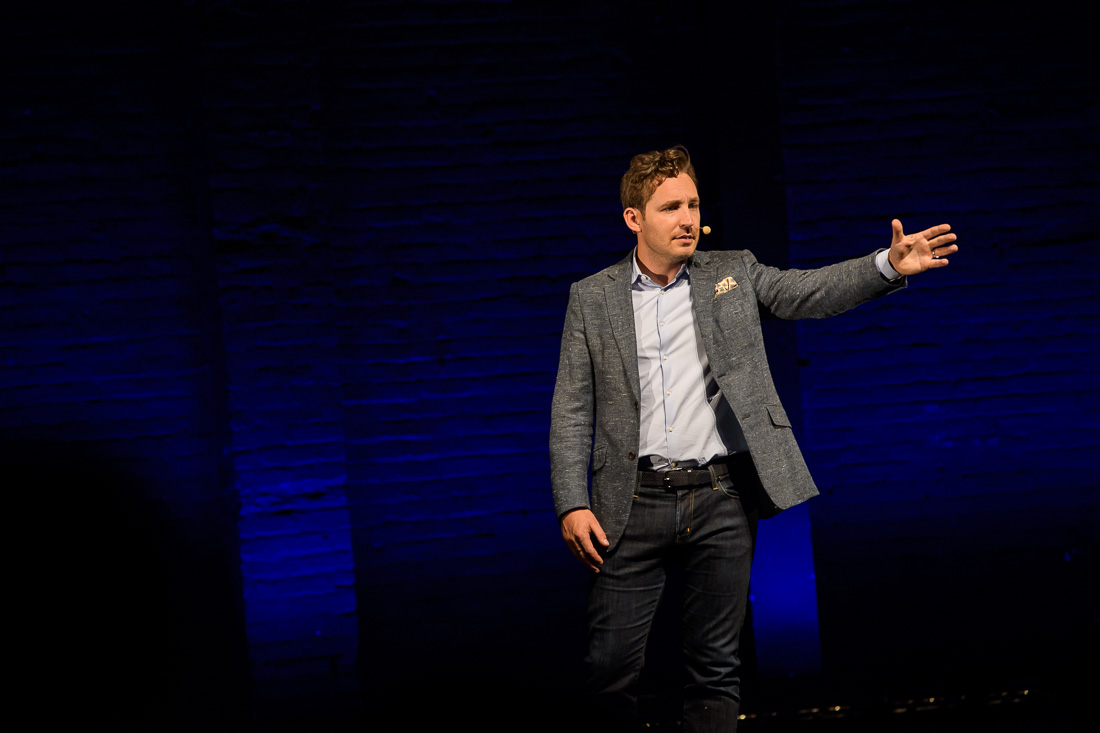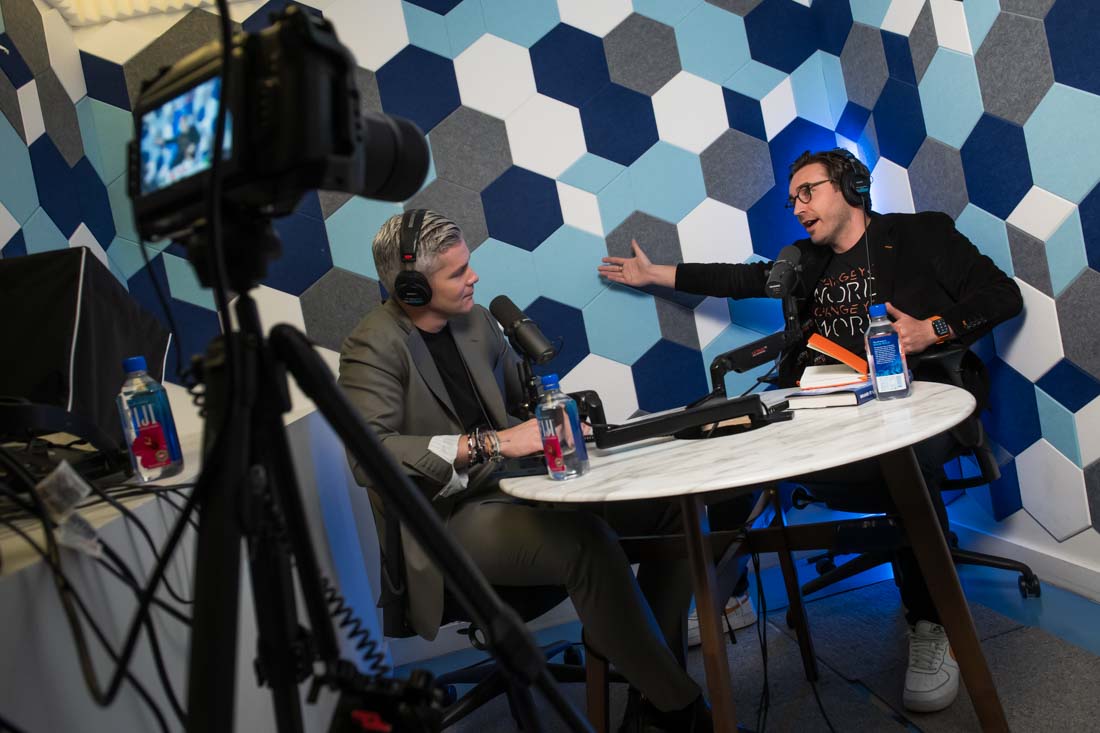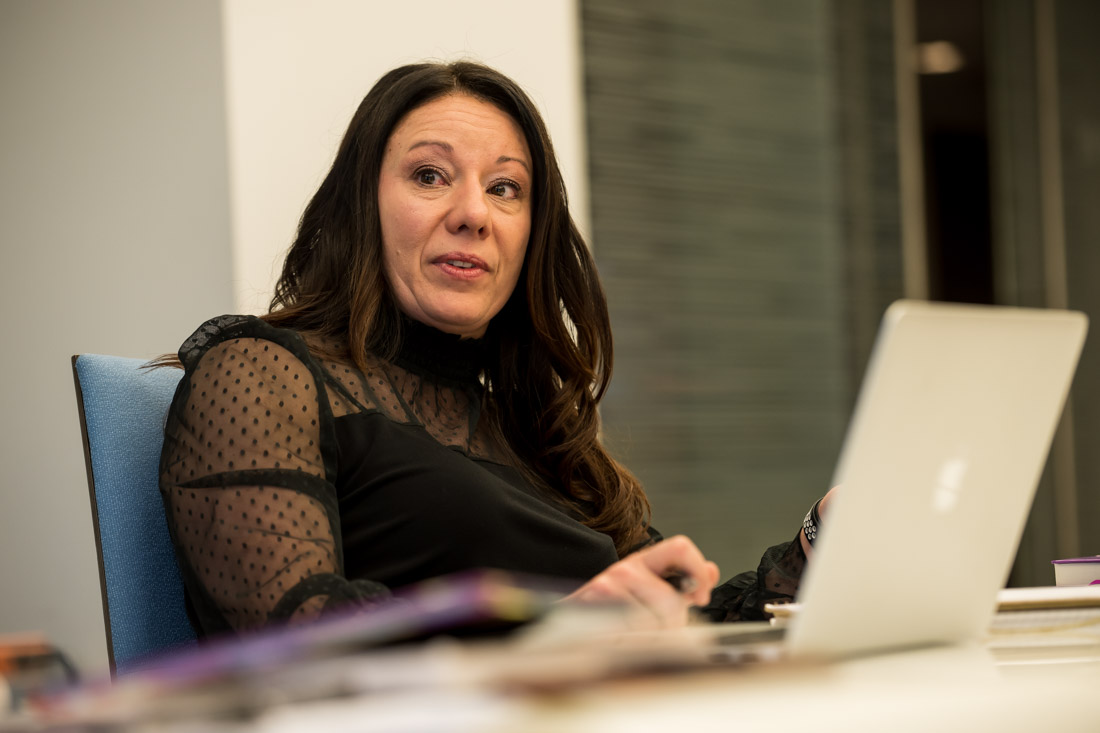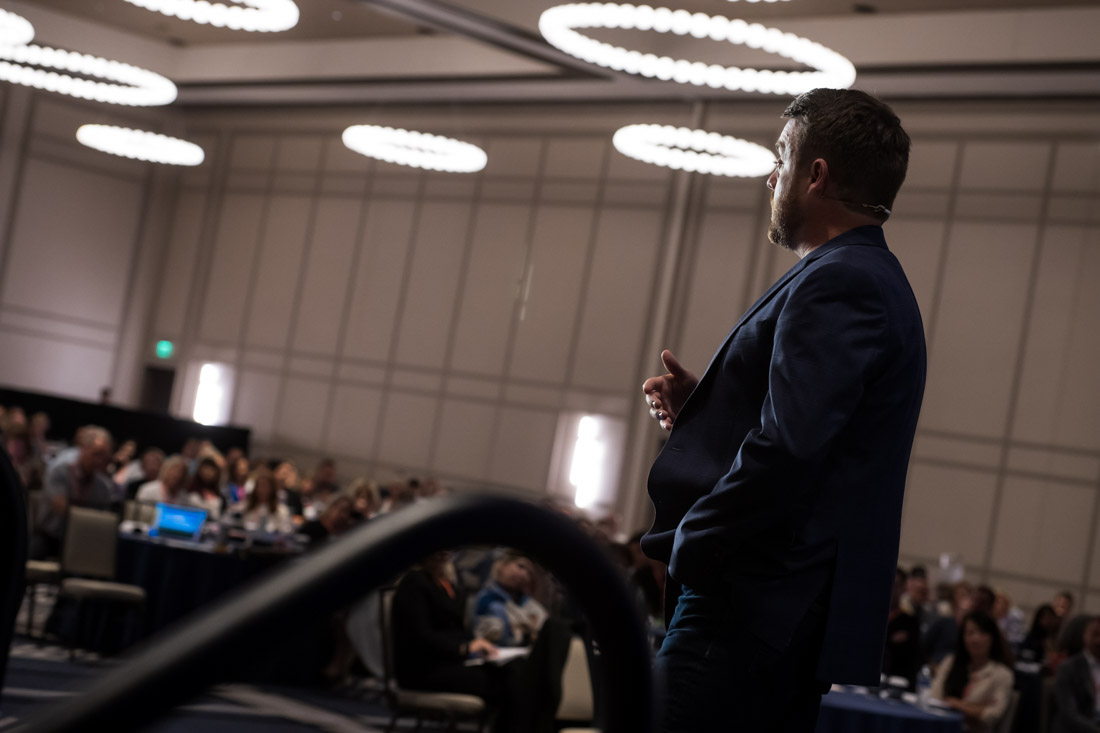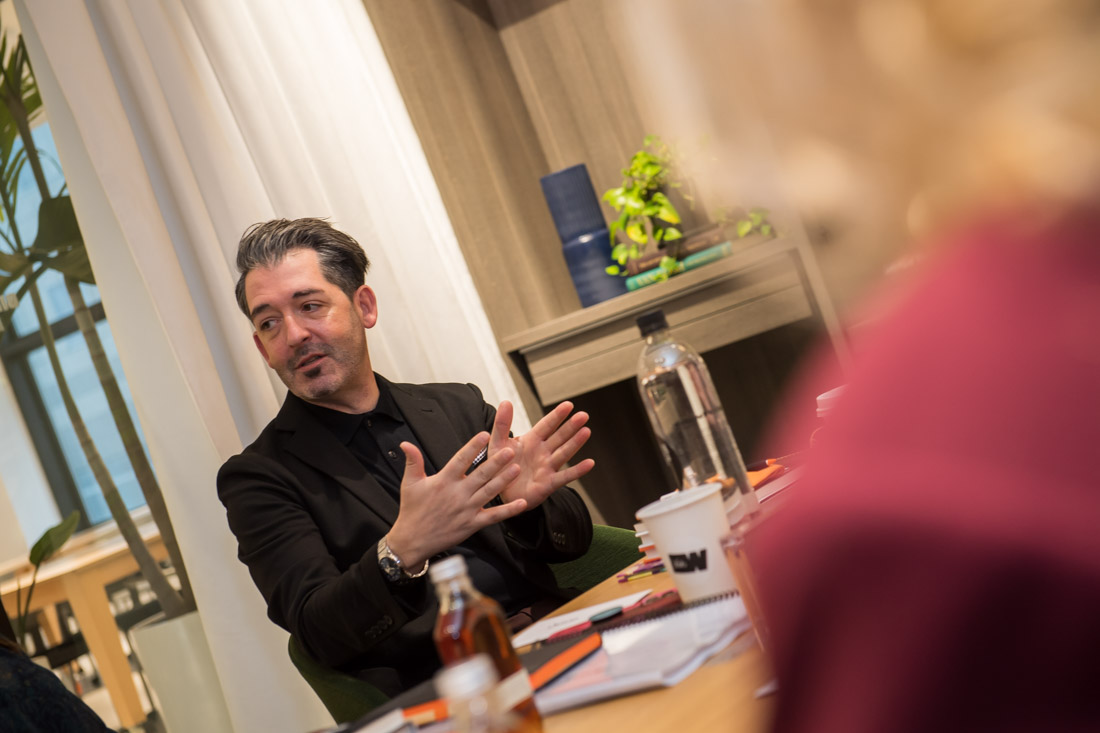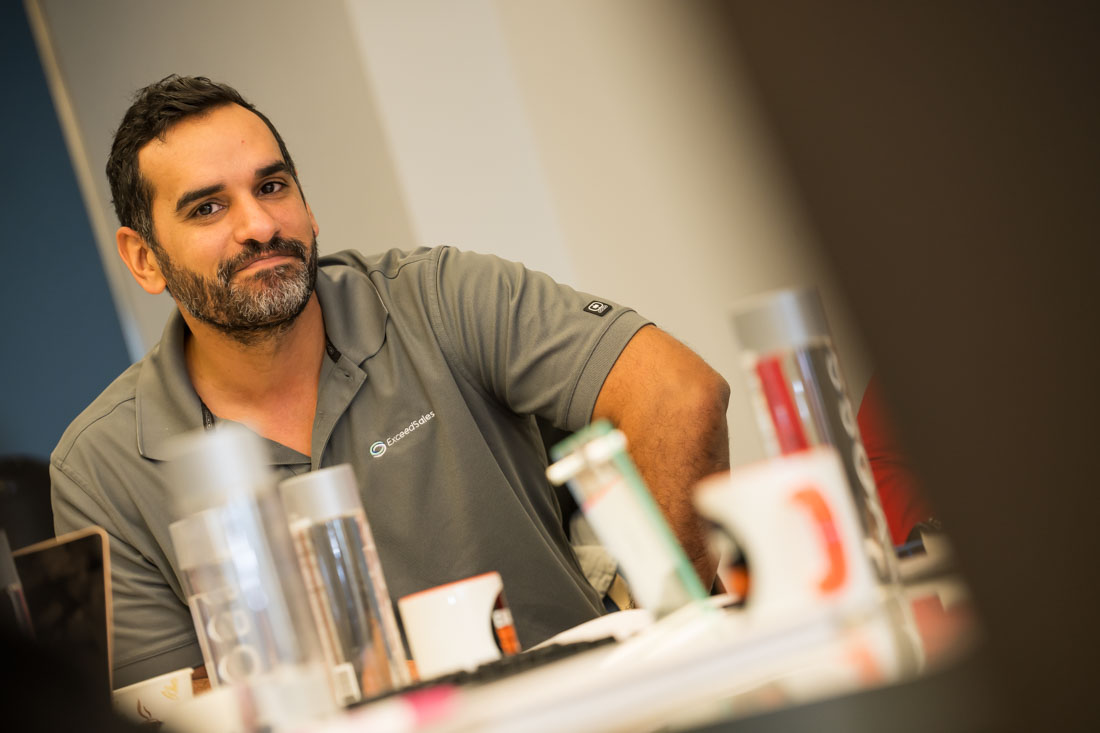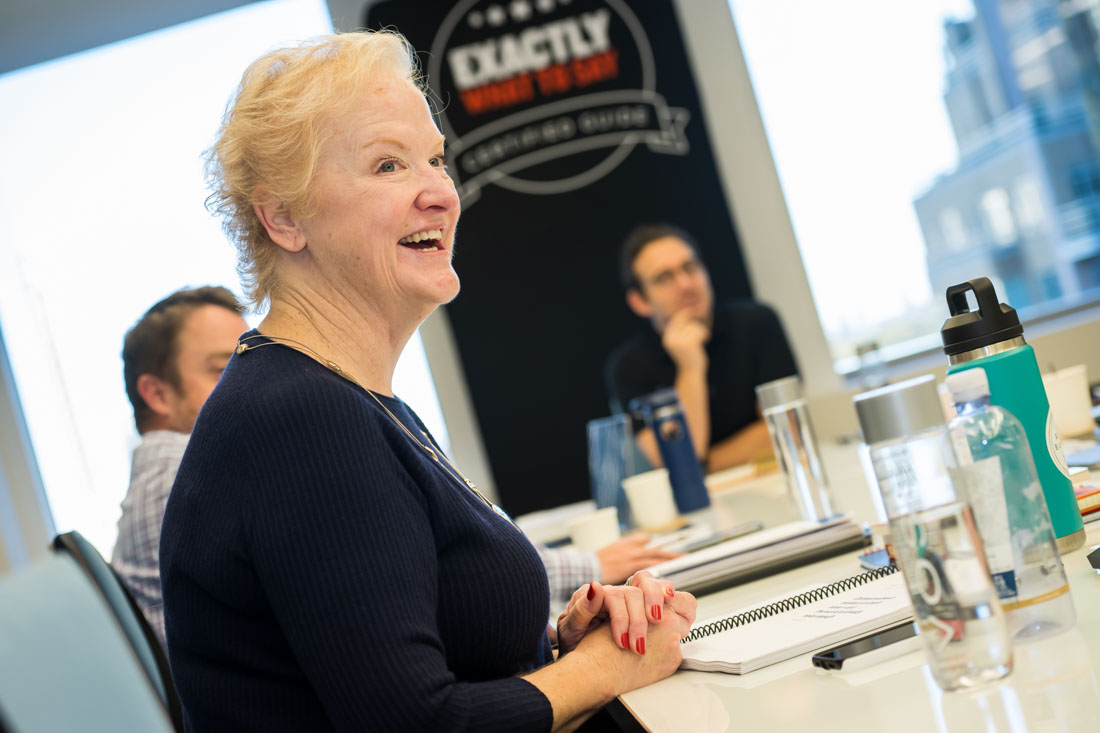Walking out in front of an audience of any size to give a speech will have you on high alert, and it should. This proves that you are taking the opportunity seriously. As you look out into the crowd and see 20, 40, 60, 100 sets of eyes all looking at you, expecting something from you, adrenaline will inevitably begin to flood your system.
As your heart rate quickens and your breath shallows, you will be desperate for the right words to say – unless you aren’t. Being prepared with an opening that you know by heart, and that you are confident will captivate your audience, is key to your success in this critical moment.
Can’t remember the last time you heard a speaker nail it within the first 30 seconds? It doesn’t happen very often. This may be due to a lack of effort put into the opening or simply reliance on some very tired, trite lines because time was short.
Regardless of the reason, the following 10 opening lines are among those I recommend you avoid using at any cost. To show you why I recommend against them, we are going to review each of them from the perspective of the audience. I will start by sharing the actual opening line and follow with what the audience perceives after hearing it. As you will soon learn, these are often two very different messages, which can lead to a less than optimal start to what may have been an otherwise polished presentation.
*If you have used any of these opening lines in the past, don’t beat yourself up, just don’t use them again*
The Opening: ‘I had a different presentation planned, but I tore it up and just want to talk from the heart today.’
What The Audience Hears: ‘I’m just winging it up here, let’s see what comes out, I may or may not be prepared for this, but here goes…
When you say these words, your audience immediately gets nervous. No one likes a speaker who isn’t prepared because it most likely means they will waste our time- cue the disconnect. Even if you did change your entire speech and decide to go in a different the night before, which I don’t recommend, don’t tell your audience that. Instead, captivate them with your new opening.
The Opening: ‘Thank you for having me’ OR ‘I’m so happy to be here’
What The Audience Hears: ‘Blah, blah, blah.’
You might be wondering why I would advise against using this as your opening line, it seems polite enough. It’s because your first 30 seconds in front of your audience is potentially the most important part of your entire speech. In those 30 seconds you will cement the impression your audience has of you as a speaker. It is in this moment that they decide whether they will continue listening or not. Opening with pleasantries is, in my mind, the equivalent of giving a dead fish handshake to your entire audience.
The Opening: ‘Thump, Thump, Phw-Phw, is this on?’
What The Audience Hears: Incredibly loud ‘Thump, Thump, Phw-Phw, is this on?’
Opening your speech by tapping, or even worse blowing into the microphone to make sure it is on, gives your audience the impression that you were not prepared enough to do a microphone check before you went on stage. It can also damage the mic and cause the high-pitched feedback noise that makes the audience cover their ears. Don’t do this, you’ll look like a total rookie.
The Opening: ‘How’s everyone doing today?’ (quick pause for audience to answer, or sit in awkward silence) ‘I can’t hear you, I said How’s everyone doing today?’ *often said the second time with your arms high in the air or your hand cupped to your ear*
What The Audience Hears: ‘I couldn’t come up with anything original or even remotely clever to say, so I’m going to start like we used to at a high school assembly.’
Your audience members will literally roll their eyes if you do this, unless of course you happen to be a High School Principal at an assembly. Since that probably isn’t the case, I would recommend avoiding this one at all costs. No matter how tempted you might be to try it as a way to increase the energy or engagement in the room, it is most likely to be an uncomfortable start to your speech. You can set the enthusiasm level high in other ways without making your audience feel like children.
The Opening: ‘I was sitting at the bar last night trying to figure out what I was going to say today, and…’
What The Audience Hears: ‘I was dreading this speech so much that I procrastinated until the very last minute and had to drink to even think through what I wanted to say.’
I have seen this one a lot in executive speeches and sometimes it feels oddly genuine. I can literally picture the person sitting at the bar with their whisky drink in deep thought trying to craft the perfect message they want to share with their team the next day. The problem here is that you are immediately telling your audience that you really don’t want to be on the stage, and even worse you are telling them that they aren’t important enough for you to have spent time preparing.
The Opening: ‘Knock, knock’
What The Audience Hears: ‘I’m going to tell a joke because I am nervous…and if I can make you laugh maybe this will be easier.’
Even if it is a funny joke, this is dangerous territory because everyone’s humor is different. There is too much risk that the joke you choose will not come across as funny, even if you think it is, and your audience will be less inclined to keep listening after you deliver the punchline. Something to keep in mind – if you aren’t funny, don’t try to be. A forced effort can leave the audience disengaged and doubting your authenticity.
The great news is that you don’t have to be funny to be a spectacular speaker!
The Opening: ‘Studies show…’
What The Audience Hears: ‘I’m going to present 1 hour of content in 20 minutes, mostly boring statistics, ready?’
This opening can be mind-numbing to your listeners especially because it is often accompanied by a very content heavy PowerPoint presentation, which makes it even more miserable. Starting with facts and figures will quickly send the audience into the land of boredom and it can be nearly impossible to bring them back once they check out.
The Opening: ‘Can you hear me? Okay I will put the microphone down then.’
What The Audience Hears: ‘I don’t really care if some of you can’t hear me, I don’t want to use a microphone or don’t know how to.’
If you have ever been at the back of the room when a speaker says this, you can attest to the fact that there are always a bunch of people shaking their heads no to the question. Most often the speaker will see the heads nodding at the front of the room and carry on without the microphone. This gives the impression that the speaker being inconvenienced by having to use a microphone is more important than connecting with the audience. I don’t care how loud you think your voice is, use the microphone if there is one.
The Opening: ‘Blank Blank once said….’
What The Audience Hears: ‘A quote from someone who isn’t you’
Quotes can be great content to include somewhere in your speech, but I don’t recommend opening, or closing, with them.
Your audience is there to hear you speak, and you are brilliant, which is why you are the one speaking. Why share someone else’s brilliance when you can share your own?
Tanis Roeder Tweet
The Opening: ‘I hate public speaking.’
What The Audience Hears: ‘I don’t want to be here and am probably going to suck.’
I get it, most people don’t like public speaking, you are not alone. However, opening with this message sets you up for failure because you are telling yourself and your audience that you aren’t going to do a good job. You might think this statement helps you set the bar low so if you mess up your audience will give you grace. Such a negative start will actually cause your audience to have less respect for you because it will feel to them like you are making excuses right out of the gate.
There you have it! Ten opening lines that should be on your radar to avoid. If this has eliminated some of your go-to openers, stay tuned for my next article that will include ideas on Exactly What To Say to captivate your audience in the opening of your next speech!












